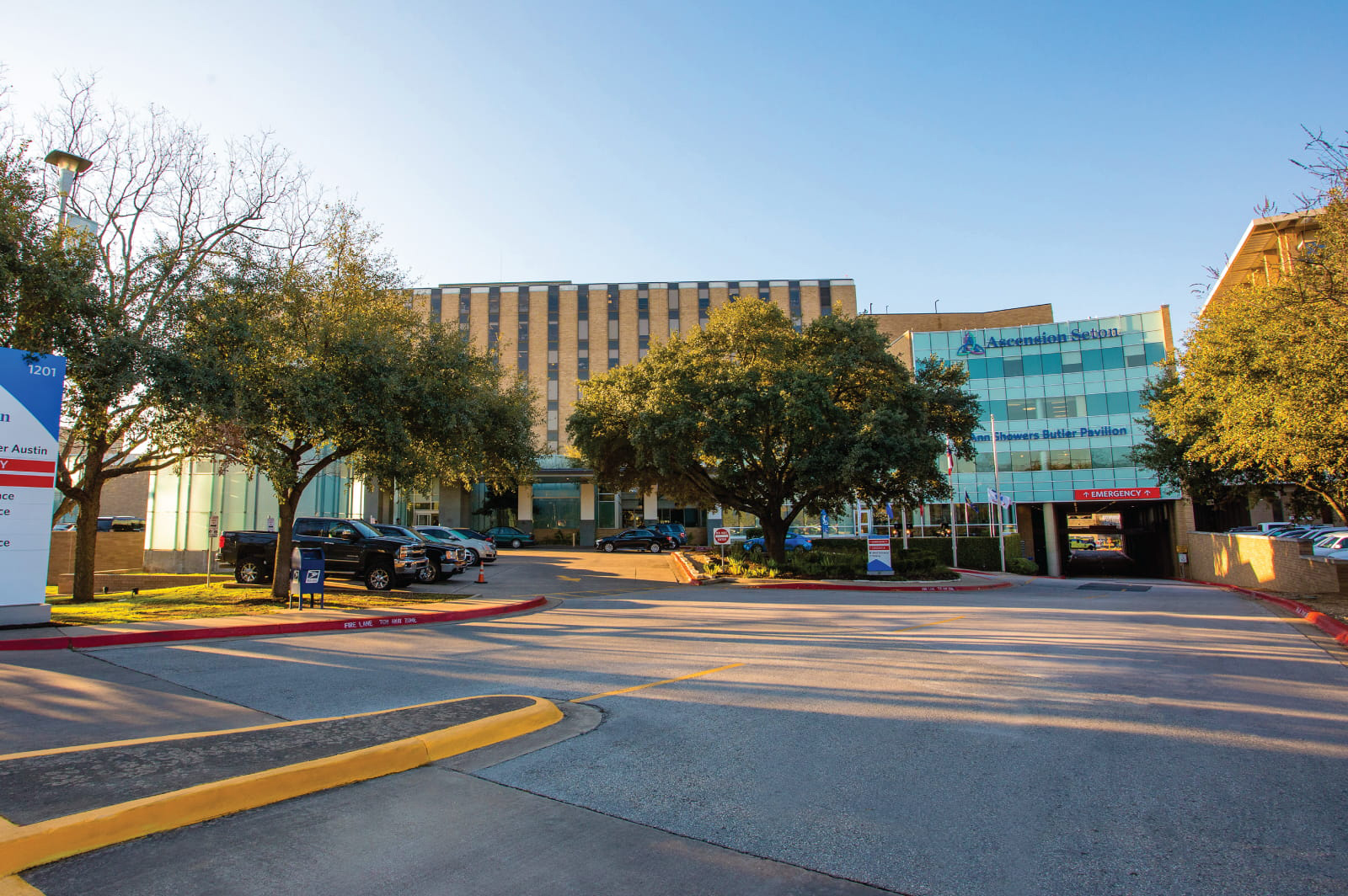(RNS) — Christina Marea, a nurse midwife, wasn’t surprised when she saw the report from National Nurses United warning that Ascension, one of the largest Catholic health care providers in the U.S., was accelerating a trend of slashing labor and delivery units from its offerings.
In 2017, Ascension closed the labor and delivery unit at Providence Hospital in Washington, where Marea worked. Marea said that Ascension gave 60 days’ notice of the closure without coordinating with nearby facilities to make sure they could handle increased patient volume or creating a transfer plan for patients, simply handing them a list of hospitals.
Marea, now an assistant professor in midwifery at Georgetown University’s School of Nursing, said that Ascension had underinvested in Providence for years before the closure.
RELATED: The Strange World of Catholic ‘Integralism’—And Christian Nationalism
She remembers nurses begging Ascension for more than two baby warmers for the 12-bed unit. “We would have nurses running down the hallway, sterilizing them while they ran to get from one delivery to the next,” she said.
Providence served Black and poor patients and had the only labor and delivery unit with 24/7 access to a Spanish-speaking provider, according to Marea.
But when Ascension closed the unit, two years before it closed the hospital entirely, Marea said, “it was devastating.”
While labor and delivery units are disappearing at hospitals nationally, some health care experts have pointed out that Ascension has the resources to buck that trend. Both industry analysts and the nonprofit’s obstetric nurses are questioning whether Ascension is upholding Catholic values and those of the U.S. Catholic bishops who called for more robust maternity care before the 2022 Dobbs ruling ended the right to an abortion.
The labor and delivery closures do not “represent a culture of life that the Catholic Church and the Catholic health facilities are promoting,” said Marea.
“Historically, the Catholic hospitals have had a better reputation, mostly because of their mission,” said Jean Ross, a co-president of National Nurses United, a union that recently began representing Ascension nurses in Baltimore; Austin, Texas; and Wichita, Kansas.
Ascension closed labor and delivery departments at a higher rate than the national average from 2012 to 2021, according to a January report by the union, and to date has shuttered more than 26% of its units that existed in 2012. The closures disproportionately occurred in areas with high poverty rates and in Black and Latino communities, according to NNU’s research, populations that already face higher infant and maternal mortality.
The system’s mission statement, citing “the loving ministry of Jesus as healer,” says it is dedicated “to serving all persons with special attention to those who are poor and vulnerable.”
Ascension Seton Medical Center Austin in Austin, Texas. (Photo courtesy Ascension)
Ascension, which in recent years has had upwards of $15 billion in cash reserves, had been accused of other strategic decisions that prioritized profitability over the system’s mission. Pointing to closures of “safety-net hospitals” and its outside investments, STAT News characterized Ascension in 2021 as “moonlighting as a private equity firm.”
Ge Bai, professor of accounting and health care policy and management at Johns Hopkins University, said that hospitals intent on maximizing profitability will make cuts to low-margin obstetrics and gynecology services, especially where many patients are on Medicaid.
A 2022 New York Times investigation revealed that Ascension’s executives get paid more when the system has higher excess revenue. Those strong financial metrics allow Ascension to expand further.


